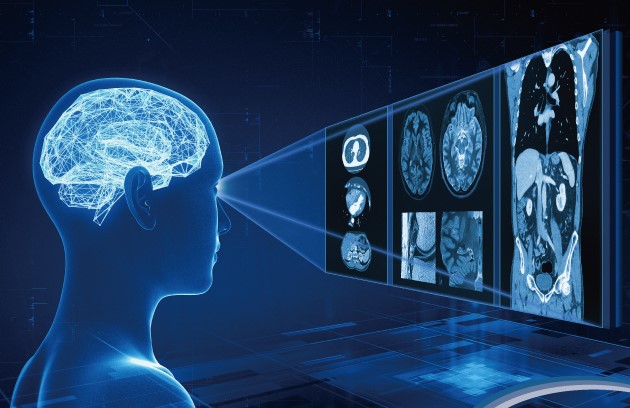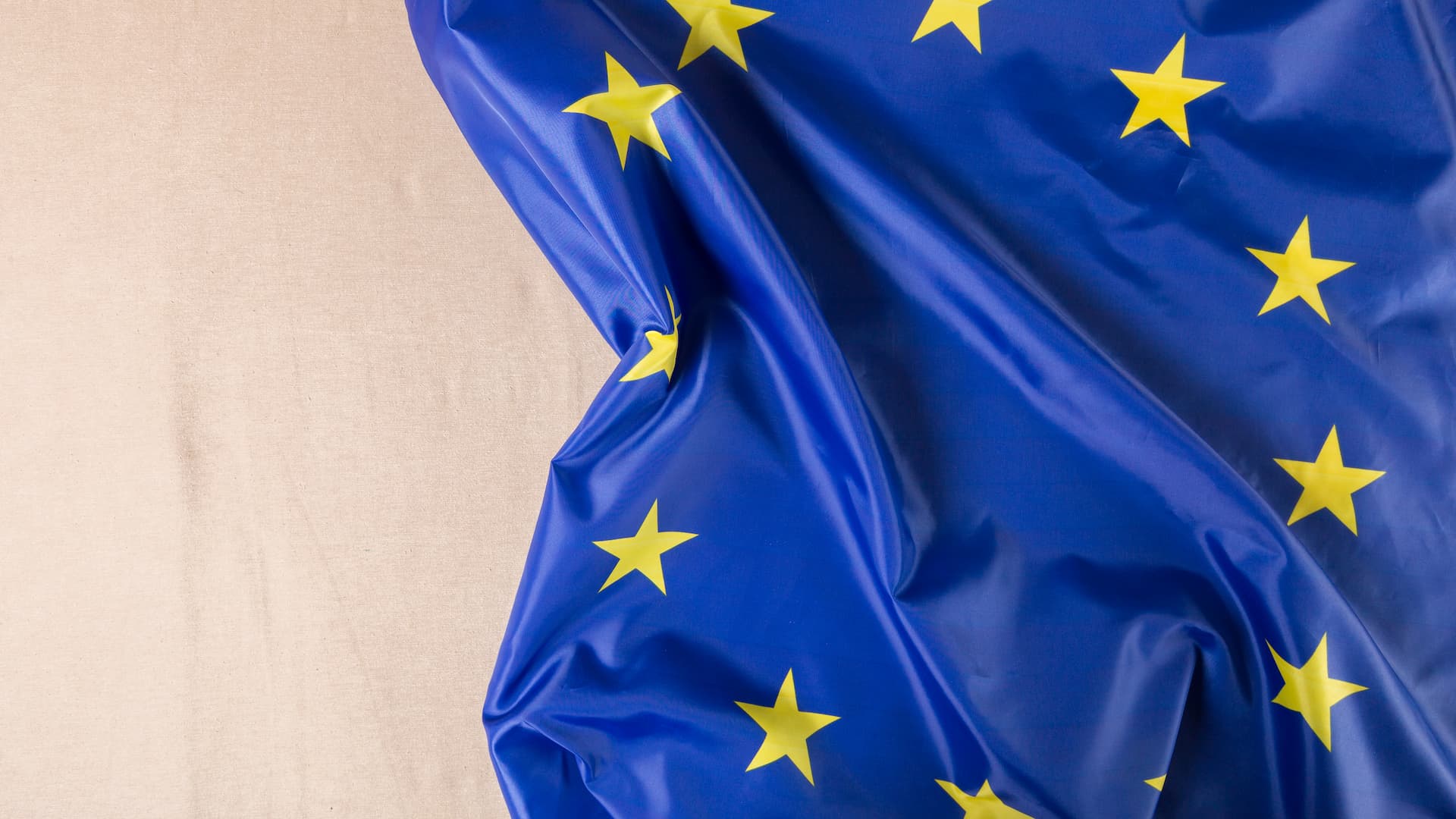Medical chatbots are rapidly becoming part of digital healthcare as technology companies expand AI tools into health services. Companies such as OpenAI and Anthropic are introducing chatbot features designed to answer medical questions using personal data.
Medical chatbots can analyse information from medical records, wearable devices and wellness applications. By incorporating details such as prescriptions, age and prior diagnoses, they aim to provide more personalised responses than a standard internet search.
However, companies stress that these tools are not substitutes for professional medical care. They are not intended to diagnose conditions but rather to summarise results, explain terminology and help users prepare for appointments.
Supporters argue that medical chatbots can improve patient understanding. Experts from the University of California, San Francisco, note that the tools may clarify complex reports and highlight essential health trends when used responsibly.
Despite these benefits, significant limitations remain. AI systems can hallucinate or generate inaccurate advice, and users may struggle to distinguish reliable guidance from subtle errors.
Independent research reinforces these concerns. A 2024 study by the University of Oxford found that participants who used chatbots for hypothetical health scenarios did not make better decisions than those who relied on online searches or personal judgement.
Performance was strong when analysing structured written cases. Yet effectiveness declined during real-world interactions, where communication gaps affected outcomes.
Privacy presents another major issue. Medical chatbots often require users to upload sensitive health information to deliver personalised responses.
Unlike doctors and hospitals, AI companies are not bound by HIPAA, the US federal health privacy law. Although platforms state that data is stored separately and not used to train models, privacy standards differ from those in traditional healthcare.
Experts from Stanford University advise users to understand these differences before sharing medical records. Transparency and informed consent are critical considerations.
Medical chatbots are also inappropriate in emergencies. Individuals experiencing symptoms such as chest pain, shortness of breath or severe headaches should seek immediate medical attention instead of consulting AI tools.
Even in non-urgent cases, specialists recommend maintaining healthy scepticism. Consulting multiple AI systems may provide a form of second opinion, but it does not replace professional medical advice.
Medical chatbots, therefore, represent both opportunity and risk. As their capabilities expand, users must carefully weigh convenience and personalisation against accuracy, oversight and data protection concerns.
Would you like to learn more about AI, tech and digital diplomacy? If so, ask our Diplo chatbot!










